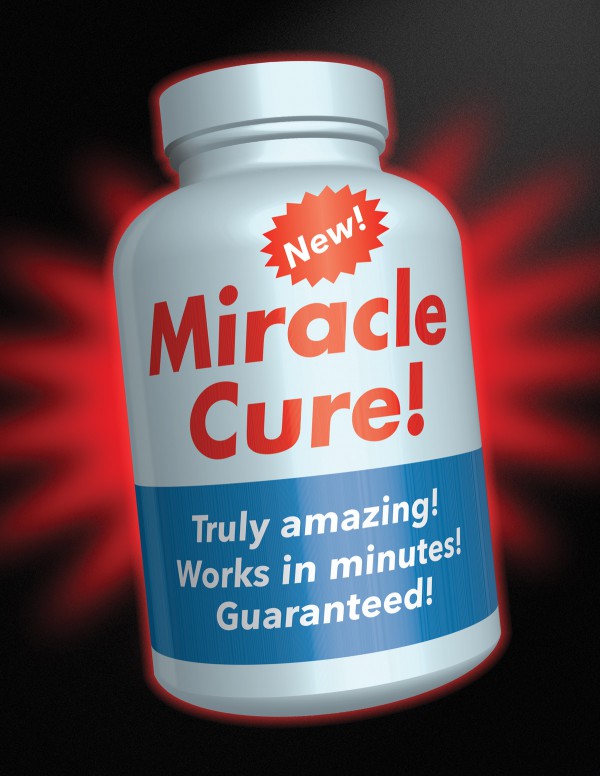When used incorrectly multivitamins can have serious effects on your health
Multivitamins, do we really need them? George Brown College (GBC) students are taking multivitamins, and not necessarily for the right reasons.
Similar to placebo pills, people should stop waisting their money, according to studies in the journal Annals of Internal Medicine—Enough Is Enough: Stop Wasting Money on Vitamin and Mineral Supplements.
Three experiments done by scientists using real people, proved that multivitamins don’t have any benefits on people’s health, and that taking high doses of them can be harmful to humans.
It’s clear that vitamins are not working, and “supplementing the diet of well-nourished adults with (most) mineral or vitamin supplements has no clear benefit and might even be harmful,” the study concluded.
“I am taking pain killers all the time, if I have a headache or if my stomach is in pain because it works immediately,” said Narelle Allen, a student at GBC. “I also take multivitamins cause I think it makes me healthier. All I needed to know is that it helps, I never thought that some pills can harm my body.”
“Nutritional supplements can have serious effects on kidney function, especially if your kidneys aren’t completely healthy to begin with,”according to Dr. Robert Heyka, interim chair of cleveland clinic’s department of nephrology & hypertension, in an interview for the Cleveland Clinic.
So, how people can get necessary vitamins not using supplements and not harm themselves?
“In my opinion, the best possible way to get nutrients is through foods, and people who eat a well balanced diet might not need any supplements at all,” said Debbie Towell, professor of nutrition science at GBC. “A diet that includes lots of whole fruits and vegetables, whole grains and lower fat protein, and calcium sources can provide all the nutrients a healthy person needs.”
Despite that, Guallar and his co-workers try to convince people not to use multivitamins, and Towell affirmed that some people “may benefit from taking specific supplements,” also confirmed with a doctor.
Many people do not get the recommended intake of healthy foods, particularly fruits and vegetables, including people who are dieting, or those who do not eat close to the amounts recommended by Canada’s Food Guide.
In these cases, supplements do not provide any super powers that would help the brain function better, but a multivitamin or mineral supplement can boost the nutrient content of the diet without causing harm in most cases.
Large amounts of single nutrient supplements may be a cause for concern, as excess can lead to toxicity. It is important to ask your doctor about your body’s needs, and how to support it in the proper way.


